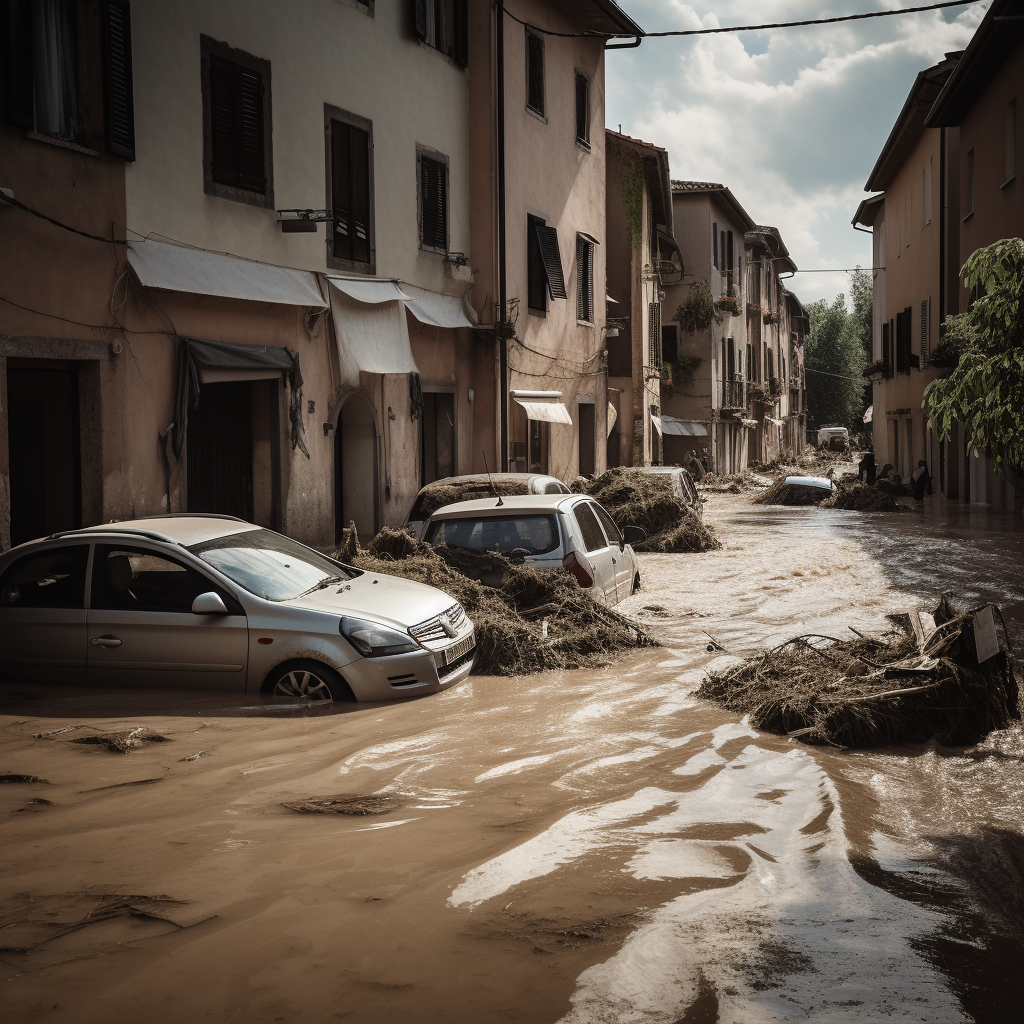May 25, 2023
Italy’s Deadly Floods, Climate Change’s Impact and Urgent Call for Action
Book a Demo
Italy, known for its picturesque landscapes and cultural heritage, recently experienced a devastating tragedy – deadly floods that claimed lives and wreaked havoc across the country. This unfortunate event serves as yet another reminder of the alarming impact of climate change on our planet.
The floods that swept through Italy were characterized by heavy rainfall, flooding rivers, and the destruction of homes, roads, and bridges. The backdrop of the Alps, renowned for their breathtaking beauty, added to the severity of the calamity. Rising temperatures caused glaciers to melt rapidly, exacerbating the flooding and its impact on vulnerable areas.
Climate change has been identified as a leading factor contributing to extreme weather events worldwide, and Italy’s deadly floods are no exception. The warming planet intensifies the water cycle, resulting in more frequent and intense rainfall, as well as prolonged droughts.
The consequences of Italy’s deadly floods were profound, with lives lost, families displaced, and communities shattered. The impact on human lives and livelihoods cannot be overstated. Beyond the immediate effects, such events have long-term consequences, including psychological trauma and economic setbacks for affected regions. It is imperative to prioritize the well-being and resilience of communities in the face of climate change-induced disasters.
It also caused severe damage to the environment. The excess water carried pollutants and debris, contaminating water bodies and posing a threat to ecosystems. The loss of vegetation and disruption of habitats further exacerbated the ecological impact. These consequences highlight the interconnectedness of human and natural systems and the need for sustainable practices to mitigate climate change’s effects.
Italy’s deadly floods serve as a wake-up call for governments, communities, and individuals to take action against climate change. Both adaptation and mitigation strategies are urgently needed. Investments in resilient infrastructure, effective early warning systems, and sustainable land and water management practices are vital steps to protect vulnerable regions and mitigate future disasters.
Addressing the challenges posed by climate change requires global collaboration. The impact of climate change transcends national boundaries, and no single country can tackle it alone. Italy’s floods demonstrate the need for international cooperation, knowledge sharing, and joint efforts to reduce greenhouse gas emissions and mitigate the effects of climate change. Collective action is necessary to safeguard our planet for future generations.
The event provide an opportunity to raise awareness about the devastating consequences of climate change and encourage individuals and communities to take action. Through education, outreach, and advocacy, we can empower individuals to make sustainable choices and support policies that prioritize climate action. Together, we can work towards a more resilient and sustainable future.



